Aspects To Consider When Developing A MHealth App
mHealth apps are increasingly gaining prominence in the Healthcare industry. It has opened new avenues in accessing information as and when required, from any far of locations. Be it tracking the heart rate or booking a clinic appointment it has offered support in clinical trials.
Look back to 2017, there were 325,000 mobile health apps already available in Play store. That’s a huge count! And the recent COVID outbreak has further shown us the serious adjustments we need to make in our systems.
For Healthcare Organisations who are still using the old conventional methods, now is the right time to develop your mHealth app.
As alluring the mobile technology looks, the more sensitive and complex the healthcare subject is. Healthcare organizations need to consider a lot of care points that ensure their mHealth app is developed meeting quality standards and safety guidelines, for protecting users’ health data.
This article list information you will need in Healthcare Application Development. So, let’s have a look at them:
1. Target Audience
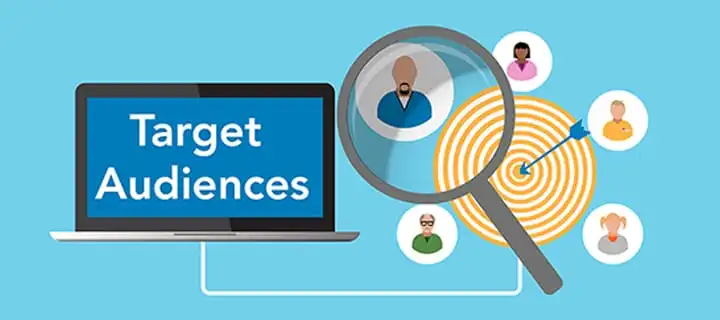
Different people get different benefits out of mobile Healthcare App. So the first question you need to ask is who is my target audience. There are always more than one panel (or audience cluster) for a mobile app. For example, a team of doctors and nurses would be more likely to use a comprehensive “patient-care portal” to get comprehensive reports of the patient while a patient at a receiving end will be interested in medication prescribed by the doctor. Mobile healthcare app could mean different things for different people.
Therefore, you must consider users’ persona to discern who will use the app.
2. Compatibility with other systems
A patient who just received the medication report would be interested in tracking daily nutrition or maybe the professional need to collect patient data he saved on cloud last week. Healthcare organizations need to ensure that their newly built mHealth app works well with other applications, that allow its users to access other ERP or smart devices on the go. mHealth Developers should create a single codebase that allows operating multiple applications and devices.
3. Incorporating third-party APIs
Incorporating APIs are as important as incorporating other systems. Third-Party APIs are interfaces on authenticating let’s app to access patient’s information. It can be accessing email login details or accessing patient reports to share it with professionals. APIs enhance app functionality and allow authenticated use of data. At times, it may be necessary to get additional APIs from vendors and suppliers.
4. UI/UX considerations
A good and friendly UI/UX is essential for mHealth app to offer rich content. Specialist and hospital staff rely on heavy patient data and access it frequently which makes healthcare app development company put extra efforts in designing UI/UX.
Make sure you clear patient usability criteria with the app developers to help them build better wireframes before getting into building an app. This will help the app development team to provide a UI that is user-friendly and easy-to-navigate.
5. Data security and privacy Regulations
There are certain medical compliances made by regulatory that bind all Healthcare app development companies to abide by for patient data safety and security. The multidisciplinary standards are:
HIPAA The Hippa compliance ensures organizations that collect, store, or share confidential identifiable patient health information with covered entities (such as doctors and hospitals) must be protected.
FDA FDA compliance provides instructions to evaluate Drug, Cosmetic available to the public. The apps record prescriptions provided by the doctor.
EHR Electronic Health Record guidelines to protected transfer and access to patients’ information to the physician. The integrated system allows providers to access data with only authentication or login credentials provided to them.
It is the responsibility of developers and the mobile development company to employ encryption methods to protect sensitive personal health information. This gives both patients and hospital staffs the confidence to entrust and store their data within the app.
6. Ease of Access
Think like a user – if I ask you to fill a two-block registration form or a six-block form, what would you choose? Two-block clearly! So, is with every user on the planet. People have adopted mobile technology because it provides services at the comfort of home. Similarly among thousands of apps people prefer to use app which is easy to use and get things done in a few taps. The apps that offer easy and fast sign-ins or registering facility will have higher engagement and retention rate over others. Your app must require only minimal information from the users. Keep in mind the User psychology while designing the sign-up screen.
7. Consider Minimal Viable Product Development
MVP (Minimal Viable Product) allows organizations to quickly develop an app that has all the core and important features for the final product. Once the app is exposed to users, the Healthcare organization collects user’s feedback and incorporate user suggestions in the app.
MVP is a successful model. It offers continuity and assurance. When you consider your user opinion and try to implement in the app, it gives a sense of assurance to the audience that the brand considers their opinions. And when the audience is happy it assures your business continuity.
8. Build an Outcome-focussed app
An app that doesn’t serve the purpose is of no use. A healthcare app designed to support healthcare professionals and patients offer rich-degree of assistance, saves time and money, it will improve the healthcare services. The main motive of the app should be to free healthcare providers from any challenges. The better you get at clearly highlighting the outcome you want to impact, the better it is for your organization and your customers.
9. App Testing
Careful testing is important to list down any loopholes that may cause data leakage or malware. QA testing will ensure that the HIPPA and other regulations are implemented well in the app. Test cases will confirm that the app is safe to make it available to the audience.
Conclusion
Conclusion
Healthcare Mobile application development is the call of the time. As great the idea seems, it requires to study many factors in details to offer relevancy and authenticity. The project can be lengthier than others but will offer value to the healthcare industry.





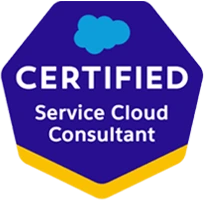
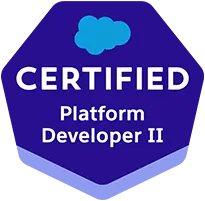
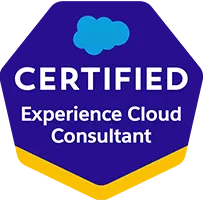

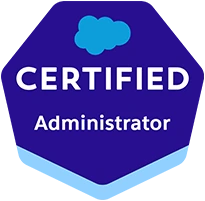
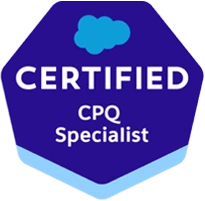
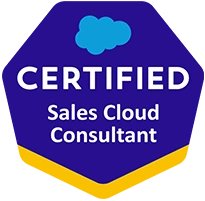
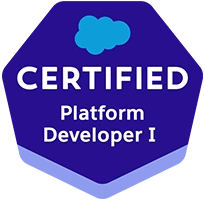
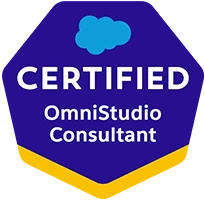
Leave A Comment